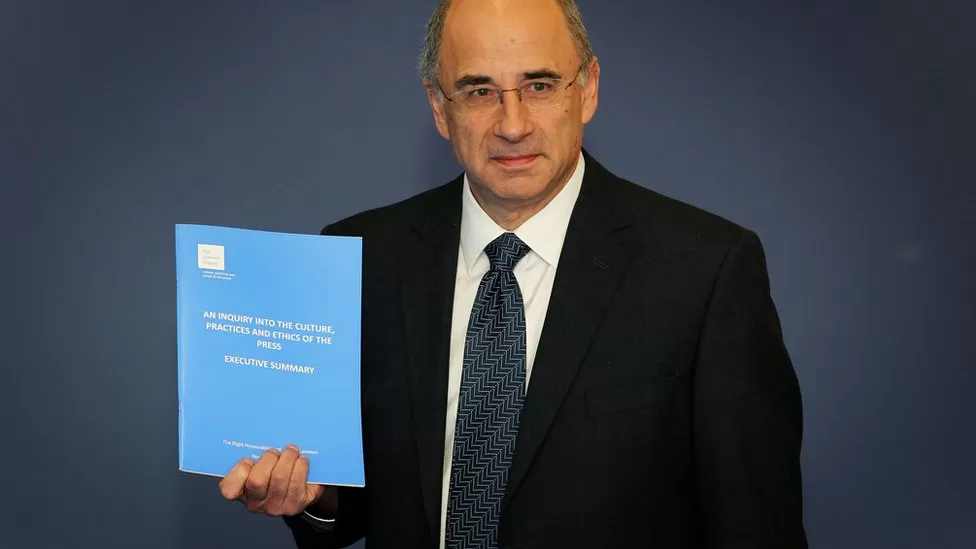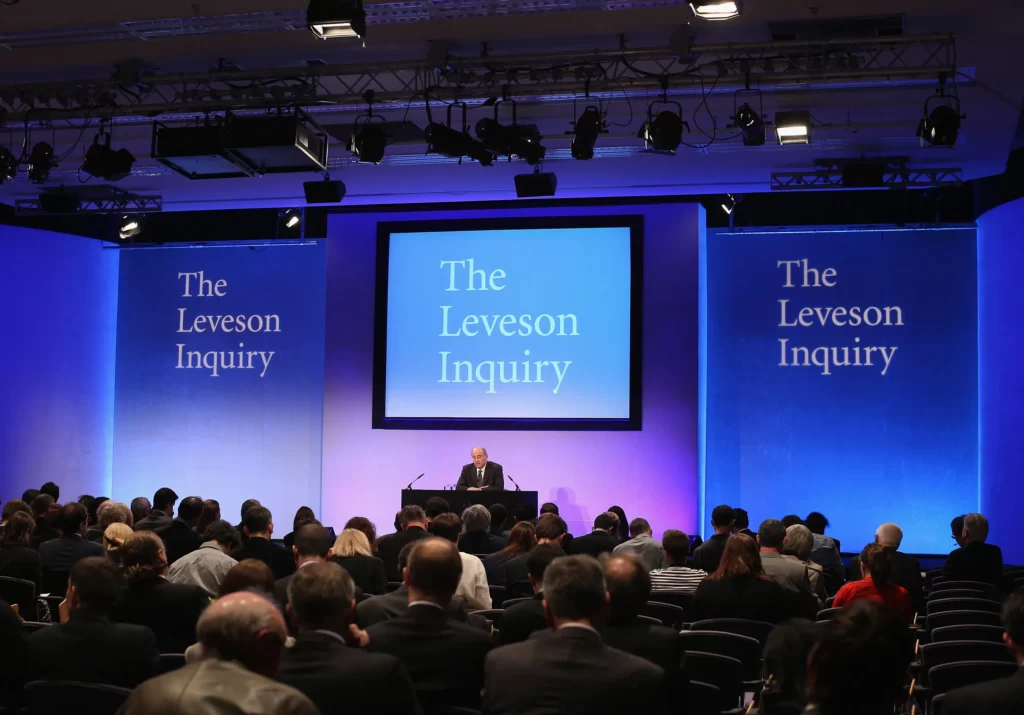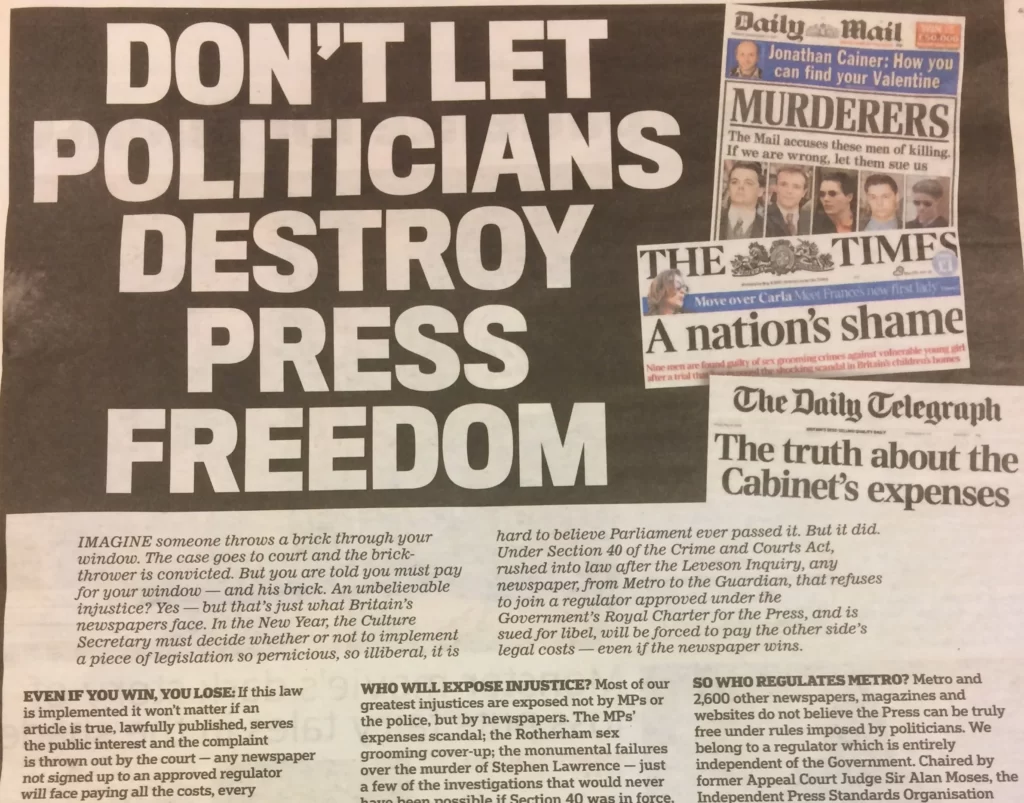According to section 40 of the Crime and Courts Act, news organizations that have not joined the regulator are obligated to cover the expense of any defamatory trials they are involved in, irrespective of being found guilty or not.
Despite never having been put into effect, Section 40 would be removed from the next media bill by the current administration. The Labour party’s stance to reject this, has pit them against every major media organization, and ignited the feud created by the Leveson inquiry a decade ago.

The contentious post-Leveson press law has placed the Labour party and UK news companies in a possibly unhealthy confrontation.
However, by rejecting the termination of a regulation intended to compel news outlets to join the government-backed regulator, shadow ministers risk incurring the rage of several of the UK’s most prominent press owners, including Rupert Murdoch.
“The government is wrong to muddy the waters with a debate about repealing section 40, which is unnecessary as it has never been enacted and so repeal will not make any substantive difference. The press play an important and valued role in our democracy and face many threats due to disinformation and misinformation. We need trusted journalism more than ever. It’s right that the press is held to the highest standards and are accountable for their reporting.”
Labour Party Spokesperson.
“We know this will trigger a fight with the press, but it has been Labour policy for years to have section 40. It would look very odd not to stand up for it now the Tories are trying to repeal it,” sources within the Labour party also claimed.
Following the publication of Lord Justice Leveson’s report in 2012, the government encouraged the creation of Independent Monitor of the Press regulator, also known as the Impress. However, neither of the big national media outlets consented to take part.

The purpose of Section 40 was to compel news organizations to join Impress. However, agitations by news editors and publishers, many of whom had joined the industry-supported Independent Press Standards Organization, made the Impress never come into effect.
Currently, the administration has considered to completely abolish the Section 40 act, a move that has been warmly received by the media.
“Repeal of section 40 is a Conservative government manifesto commitment, and it is absolutely right that it has been included in the media bill. Forcing publishers to pay the costs of legal actions, win or lose, would be hugely damaging and further undermine both press freedom and the financial stability and plurality of UK news media.”
Owen Meredith, the chief executive of the News Media Association.
On the other hand, the Labour party has vowed to be against the abolition of Section 40 act, but does not intend to obstruct the broader media law. However, according to labour leaders, they might submit a motion to strike that section of the law from the final version. Shadow ministers are yet to determine how they would express their disapproval.

In the event that section 40 is abolished, activists have urged the Labour party to pledge the reinstatement of the law following the next election.
“The government’s decision to repeal the measure will undermine freedom of the press for those publishers, while denying access to justice for the public against multimillionaire national newspapers.”
Nathan Sparkes, the chief executive of Hacked Off.
READ ALSO:Hand Over Johnson’s WhatsApp Message Records To Covid Inquiry, Court Orders





















